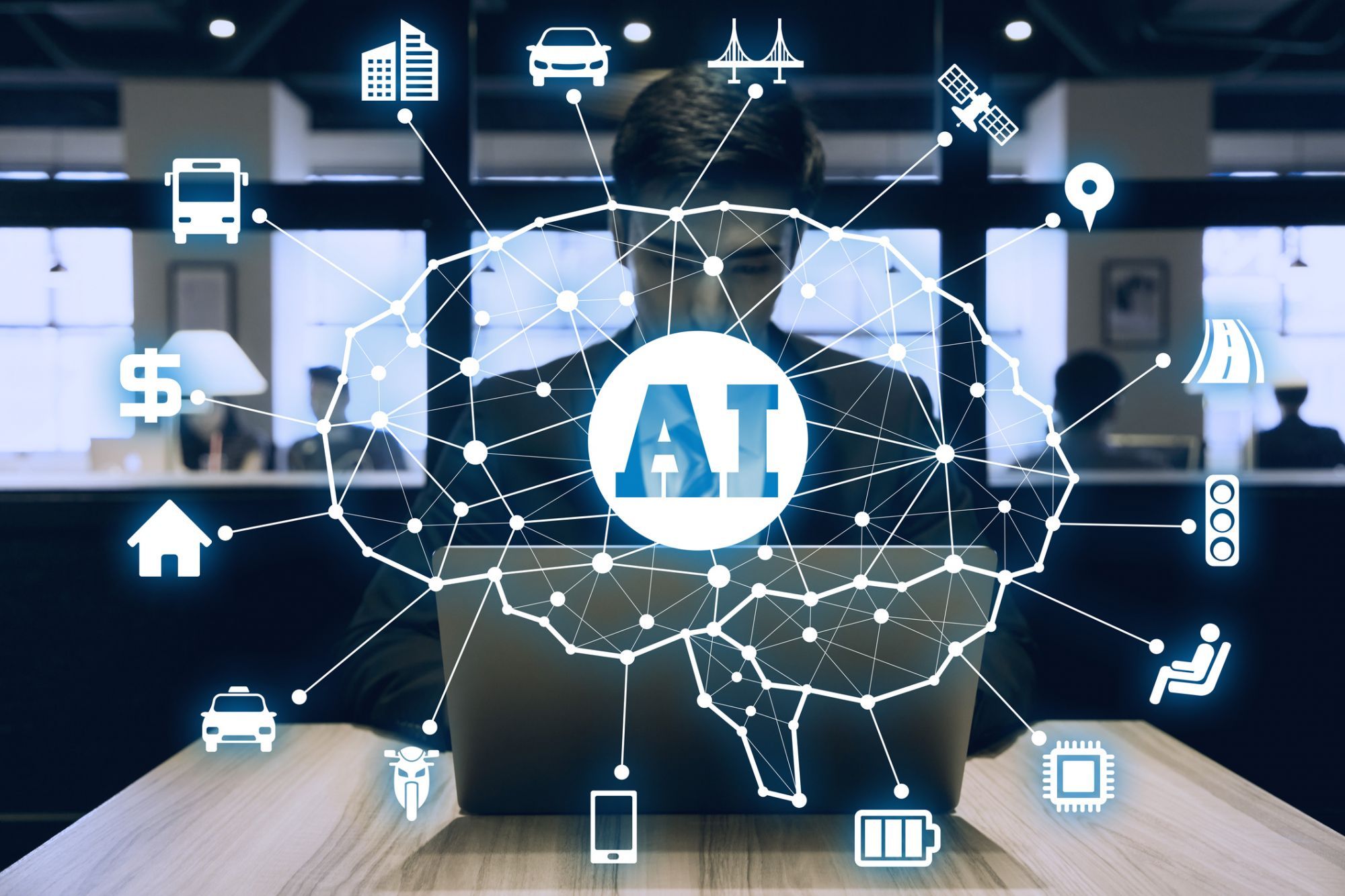Effective AI marketing requires a thorough understanding of business goals and a clear set of metrics to measure. This helps businesses select the right tools and maximize their value.
Some examples of ai marketing include virtual assistants and chatbots that help customers find information on websites, or answer customer questions. They can also help companies analyze data to improve their products and services.
AI-powered marketing platforms
AI marketing tools can analyze huge amounts of customer data and spot patterns quickly. They can help marketers improve conversion rates and customer experience by making recommendations or predicting future behaviors. They can also help them identify potential customers and increase revenue. However, implementing AI marketing requires a strong understanding of how it works and how to integrate it into existing systems. It also relies on high-quality data, which can be difficult to collect and process.
A highly granular level of personalization is expected by today’s consumers. This allows brands to create curated experiences that speak directly to their unique needs. AI can help marketers achieve this by analyzing data and creating personalized messages.
AI-powered marketing platforms rely on vast amounts of customer data, raising privacy and ethical concerns. Companies need to ensure that they are transparent about their use of customer data and follow strict privacy guidelines. They should also train their algorithms with diverse datasets to avoid biases and ensure equitable results.
AI-powered personalization
The use of AI-powered personalization helps digital marketers achieve a number of marketing goals. For example, it can help them develop personalized content based on customer behavior and preferences. In addition, it can help them identify and target new customers, reduce churn, and increase revenue. To maximize the benefits of AI-powered personalization, businesses should define their objectives clearly. They should also develop a mechanism for collecting high-quality data.
The future of marketing involves intensely personalized experiences. Consumers now expect organizations to deliver personalized interactions and are disappointed when they don’t. This shift in expectations is driving the adoption of AI-powered personalization.
AI-powered personalization can make it easier for businesses to offer customers the products they want, when they want them. For instance, Nike uses AI to show users products on its eCommerce website that are relevant to their interests. The technology also shortens the time it takes for marketers to find potential customers. This is possible because AI can quickly scan large databases for similarities in customer data.
AI-powered dynamic pricing
AI-driven dynamic pricing is a revenue-generating technology that allows businesses to maximize profitability and customer engagement. Its algorithms scan the marketplace and monitor competitor pricing, historical sales data, and real-time demand signals to make informed pricing adjustments. This approach helps companies stay competitive in a rapidly changing market environment and achieve their desired revenues.
For example, airlines use AI to maximize ticket prices based on passenger demand. This ensures that they meet their booking goals and maintain a consistent flow of passengers during peak shopping seasons. This revenue-generating strategy has also improved customer satisfaction.
However, not all businesses are able to utilize AI-driven dynamic pricing. Smaller e-commerce companies may not have access to the variety of data needed to implement this type of pricing. This is one reason why they have been slower to adopt this technology than larger e-commerce sites. However, with the advancement of AI technologies, this is beginning to change.
AI-powered automation
AI-powered automation is a valuable tool for businesses, as it saves them time and money by automating repetitive tasks. It also enables marketers to focus on more strategic activities, improving their overall marketing effectiveness.
AI marketing tools are used to identify the right customers for specific products, creating effective campaigns and increasing conversions. AI-optimized campaigns are based on a company’s goals and can be measured in terms of ROI, which is quantifiable and easy to communicate.
Examples of AI marketing tools include chatbots and personalization software, which can analyze customer data to create personalized messages. This personalization leads to more engaged customers and higher conversion rates. In addition, AI-enabled automation can help strengthen a business’ cybersecurity defenses and reduce costs by identifying threats and responding quickly to security breaches. This helps businesses reduce risks, maintain a strong reputation, and increase revenue. In addition, it can increase productivity and enhance employee morale. It can also provide a more accurate forecast of sales trends and opportunities.

